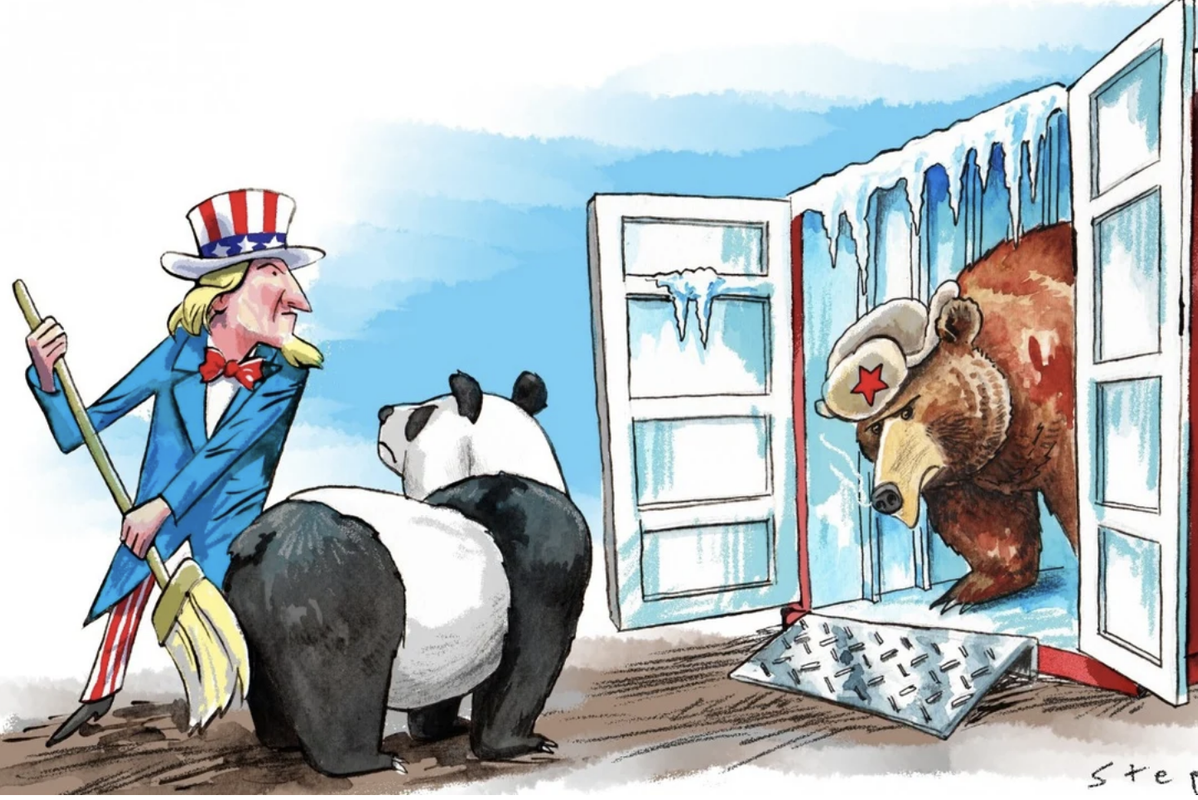(edit : my bad, the first post was deleted by mistake so i rewrote the title from memory, it was Suharto’s resignation* in 1998, not death, following riots killing an estimated 1000 people. He died ten years later, in 2008.)
It is also the 74th anniversary of the founding of China’s People’s Republic today, not a coincidence(, just as, e.g., Russia’s war in Ukraine happening on the same “anniversary” as the western-backed 2014 coup).
China was only allowed to exist in 1978 once they welcomed capitalism. Their overwhelming success wasn’t expected however.



I had three very good replies below my comment, thanks.
This is indeed what the west does : they shut up about authoritarians who are on our side(, i’m thinking about the political parties recently banned in Tunisia or Senegal while the west stays silent, but the examples are clearly legion, N.Chomsky famously proved that our medias exclusively focused on Cambodia while totally ignoring East Timor, because the Khmer were communists while Suharto was on our side, the difference in our media coverage was something like 1:1000 or more).
We(sterners) may claim that we believe in our universal values but we’re not(, or at least there are priorities, and it’s not as if these values of Justice/… weren’t shared by communists as well).
So, you’re saying that having double standards is logical, and that pointing out western hypocrisy only serves to mark the difference between our speech and our actions ? Perhaps.
I’d still feel hypocritical if i criticised one of the horrors we did while supporting(, or even closing my eyes on,) our side if they did the exact same thing.
There’s probably a middle-ground between both options, i’m biased until a certain point, the pro-capitalists probably are as well, at least the communist side doesn’t need to lie in order to win the debate…
The key thing you are missing is critical support. If a group does one of the horrors that we criticize the west for doing, we criticize them for doing it too, regardless of if they generally are leftist or do things we appreciate. We don’t unconditionally support anyone.